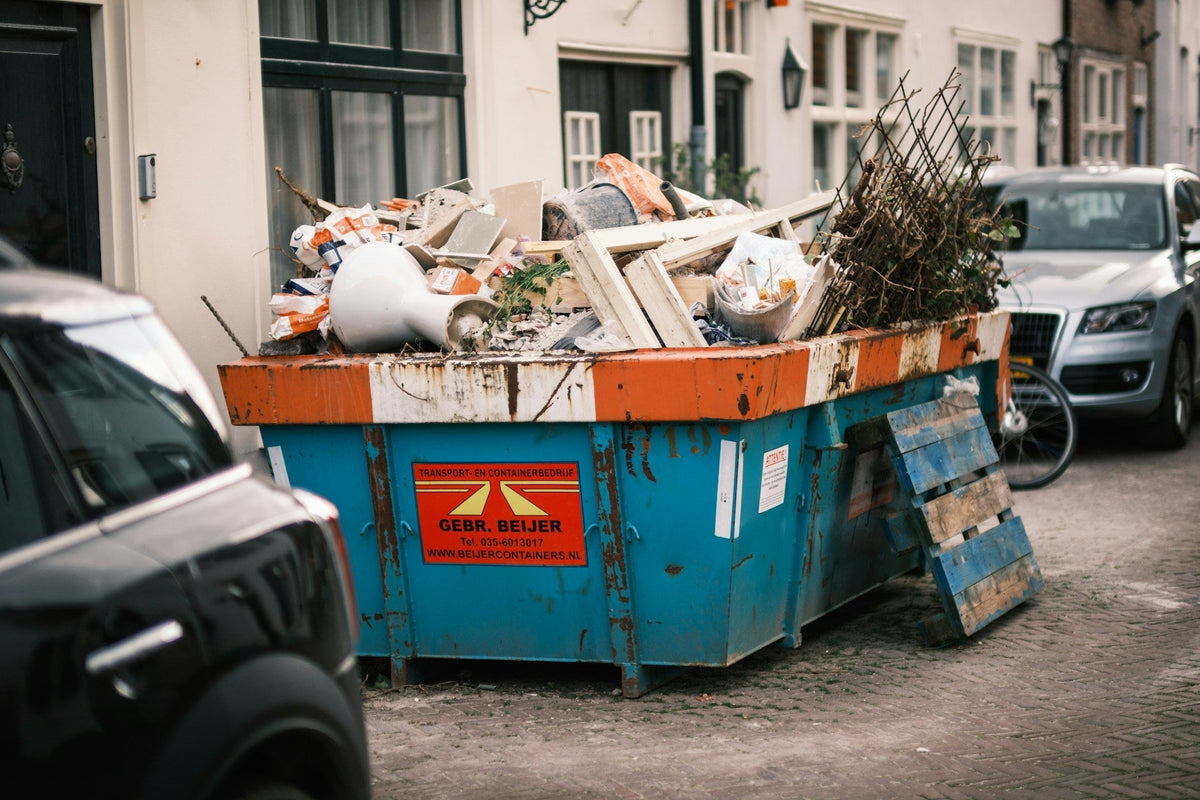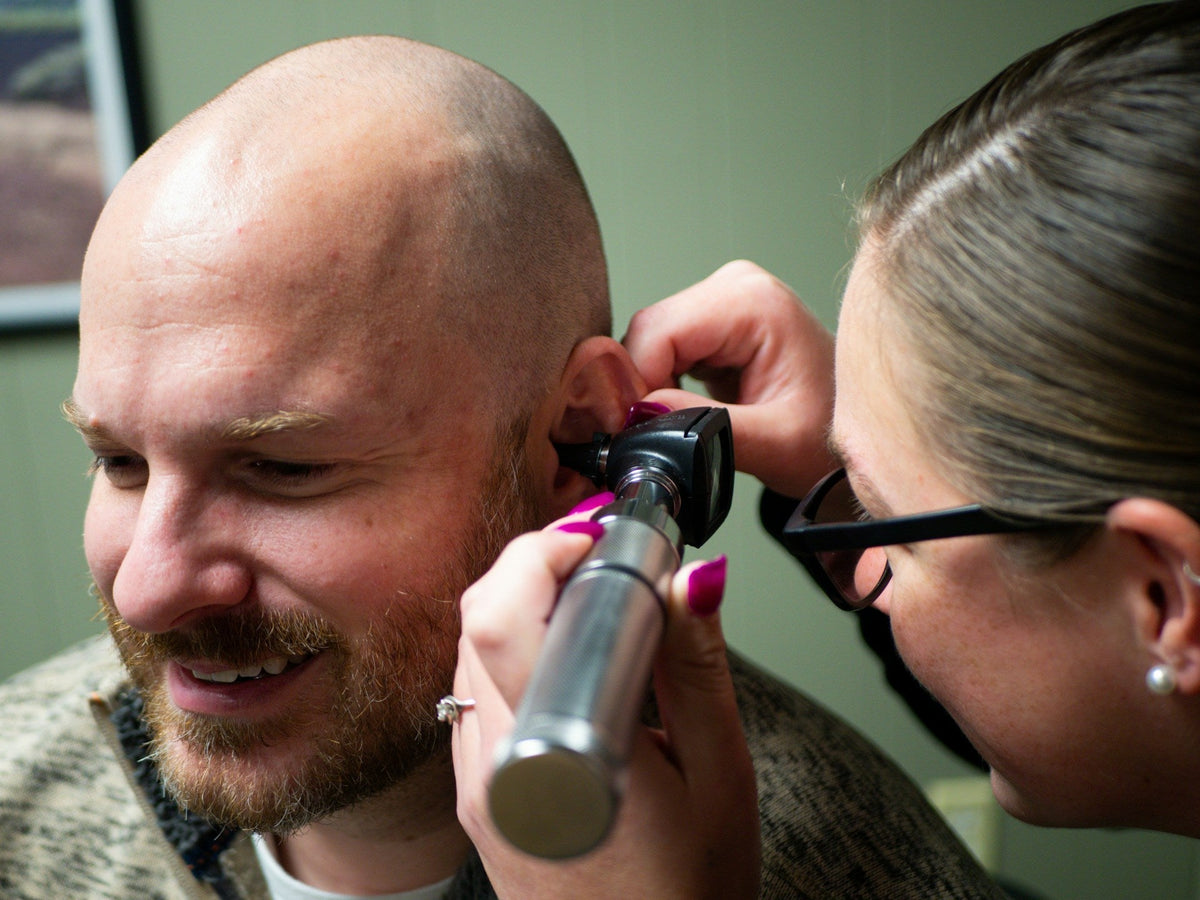At Friendly Turtle’s EcoBlog, we guide you in choosing a truly eco-friendly summer camp for your child one that nurtures both adventure and environmental values. From checking waste policies and sustainable food sourcing to understanding how environmental lessons are taught, the key lies in looking beyond green buzzwords. Use comparison tools, verify certifications, and ask direct questions about composting, transport, and plastic use. A genuinely green camp won’t just talk the talk it will walk it, giving your child a memorable summer that also fosters lifelong care for the planet.
Share your articles with us and get published! Reach out at hello@friendlyturtle.com.
Silicone Reusable Bags - What You Must Know Before Buying Them
Silicone reusable bags are often advertised as a better option compared to single-use plastic bags. But what exactly makes them a great alternative? Why should you make the switch and perhaps spend more money purchasing these products? Let’s explore the answers…
FDA-approved
Unlike plastics, food-grade silicone does not contain harmful chemicals like BPA, latex, or lead, which are known to cause health problems. It is made of a type of rubber that is considered safe. Silicone is non-toxic and odourless; in fact, it's not only used for making reusable bags for food storage but also for various baby products such as teethers and used throughout hospitals in the world.
Safe for food
Zero waste shops in the UK sell a non-leaching type of rubber when making reusable silicone bags to ensure the highest level of food safety. When the food is heated or microwaved, the silicone bags won't release chemicals and seep into the food. You won't have to worry about the taste getting altered or harmful chemicals entering your body.
Resealable
Plastic-free shops in the UK have successfully mimicked plastic ziplock bags using silicone material. Many of the benefits that ziplock bags offer can be found in reusable silicone bags, including the resealable feature. Some styles of silicone bags can even stand on their own which makes pouring leftover food into them so much easier.
Microwave, freezer, and dishwasher safe
Ziplock bags can be reused, but you must handwash them thoroughly dry them before using them again. As for reusable silicone bags, you can toss them in the dishwasher and let the machine do the cleaning. Need to heat or reheat food? Put it straight in the microwave. The bag can handle up to 230 degrees. Want to keep raw ingredients frozen? It's okay to place the silicone bag inside the freezer as well.
0 comments
Let customers speak for us
Blog posts
At Friendly Turtle’s EcoBlog, we explore how to renovate your home sustainably without compromising on comfort or design. From planning accurately to avoid excess material waste, to choosing recyclable and reclaimed resources, every step can reduce your project’s environmental footprint. Learn how deconstruction, smart material sourcing, responsible waste sorting, and thoughtful donations can make your renovation more eco-conscious. Whether it’s renting recycling-friendly dumpsters or using every last offcut, sustainable choices help protect the planet while enhancing your home. Thoughtful living begins with mindful building.
At Friendly Turtle’s EcoBlog, we explore why hearing health deserves a place in your annual wellness routine. Regular hearing assessments help detect issues early, preventing cognitive strain, emotional withdrawal, and safety risks. From protecting brain function and maintaining strong relationships to avoiding social isolation and accidents, good hearing supports your overall well-being. With today’s discreet, smart hearing solutions, addressing mild hearing loss is easier than ever. Prioritising your auditory health isn’t just about hearing better it’s about living better, longer, and more confidently.



